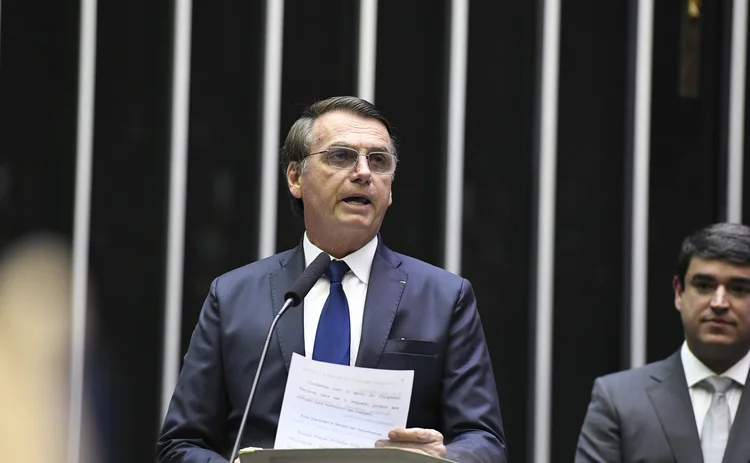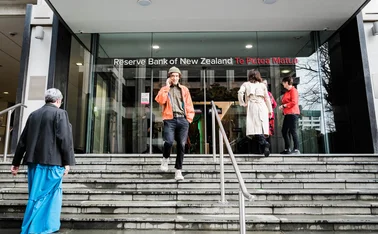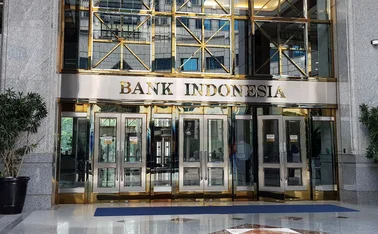
Brazilian president unveils draft law to increase central bank independence
Draft law would give governor fixed term but nine similar measures have failed since 1991

Brazil’s president Jair Bolsonaro signed a draft law on April 11 that, if approved by parliament, would reinforce the independence of the Central Bank of Brazil.
The draft law still needs to obtain the support of both houses of Brazil’s legislature, the chamber of deputies and the senate, before passing.
The reform would give the central bank complete autonomy to set the monetary policy framework, and specific policy targets, as well as to implement the measures it thinks necessary to
Only users who have a paid subscription or are part of a corporate subscription are able to print or copy content.
To access these options, along with all other subscription benefits, please contact info@centralbanking.com or view our subscription options here: www.centralbanking.com/subscriptions
You are currently unable to print this content. Please contact info@centralbanking.com to find out more.
You are currently unable to copy this content. Please contact info@centralbanking.com to find out more.
Copyright Infopro Digital Limited. All rights reserved.
As outlined in our terms and conditions, https://www.infopro-digital.com/terms-and-conditions/subscriptions/ (point 2.4), printing is limited to a single copy.
If you would like to purchase additional rights please email info@centralbanking.com
Copyright Infopro Digital Limited. All rights reserved.
You may share this content using our article tools. As outlined in our terms and conditions, https://www.infopro-digital.com/terms-and-conditions/subscriptions/ (clause 2.4), an Authorised User may only make one copy of the materials for their own personal use. You must also comply with the restrictions in clause 2.5.
If you would like to purchase additional rights please email info@centralbanking.com





